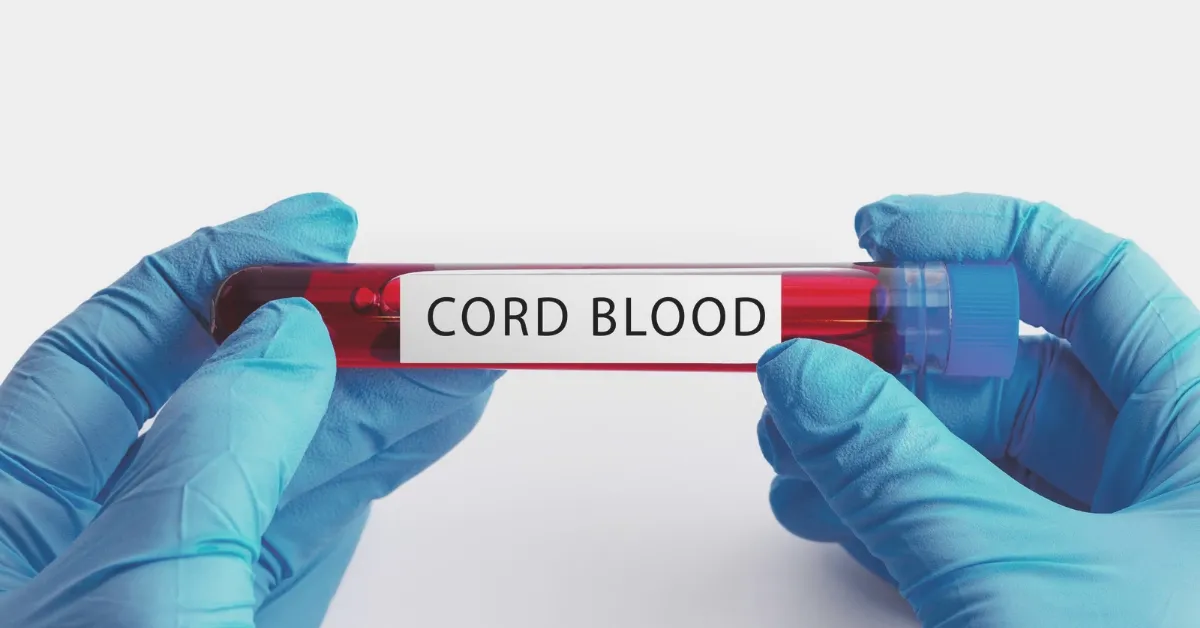Cord blood banking is a valuable service that allows parents to store the stem cell-rich blood from their baby’s umbilical cord. These stem cells can potentially treat over 80 medical conditions, including leukemia, lymphoma, and immune system disorders. While the benefits are compelling, the question remains: How much does it really cost, and is it worth it?
Let’s dive into the costs, benefits, and key considerations to help you make an informed decision.
What is Cord Blood Banking?
Cord blood banking involves collecting and storing blood from the umbilical cord immediately after birth. This blood contains hematopoietic stem cells (HSCs), which can regenerate blood and immune systems, offering potential treatment options for certain medical conditions.
Types of Cord Blood Banking
1. Public Banking
• Cost: Free of charge for donation.
• The cord blood is donated to a public bank and made available for anyone who needs it. Donors do not retain ownership of the blood.
2. Private Banking
• Cost: Typically ranges between ₹50,000 to ₹1,50,000 for initial collection, with annual storage fees of ₹5,000 to ₹10,000.
• The cord blood is reserved exclusively for your family’s use.
How Much Does Cord Blood Banking Cost?
The cost of cord blood banking can vary depending on the service provider and the duration of storage. Below is a breakdown of typical expenses:
Private Cord Blood Banking
• Initial Collection and Processing Fee: ₹50,000–₹1,50,000.
• Annual Storage Fee: ₹5,000–₹10,000.
• Lifetime Storage Option: A one-time payment of ₹1,50,000–₹2,50,000 for 20–25 years of storage.
Public Cord Blood Banking
• Cost: Free for donors.
• The cord blood becomes part of a publicly accessible registry for transplant matches.
What Does the Cost Cover?
• Collection: Safe collection of cord blood after delivery.
• Processing: Testing and preparation for cryopreservation.
• Storage: Long-term preservation in a temperature-controlled facility.
Benefits of Cord Blood Banking
1. Potential Treatments
• Cord blood stem cells can treat over 80 conditions, including:
• Blood cancers (e.g., leukemia, lymphoma).
• Immune deficiencies.
• Metabolic disorders.
2. Family Health Insurance
• Private banking offers peace of mind by ensuring the availability of stem cells for your family.
3. Regenerative Medicine
• Research is exploring its use in treating conditions like diabetes, autism, and cerebral palsy.
Is Cord Blood Banking Worth It?
The decision depends on your family’s health history and financial situation. While private banking offers exclusivity, public banking contributes to a communal pool that could save lives.
Consider Private Banking If:
• There’s a family history of medical conditions treatable with stem cells.
• You want a dedicated resource for your family’s future medical needs.
Opt for Public Banking If:
• You wish to contribute to a larger community pool.
• You do not have specific medical concerns within your family.
When Should You Start Planning for Cord Blood Banking?
It’s best to decide by the second trimester of pregnancy. This gives you enough time to research providers, understand costs, and make arrangements with your healthcare provider.
Tips for Choosing a Cord Blood Bank
1. Accreditation
• Ensure the bank is accredited by organizations like AABB or FACT.
2. Transparency
• Check for clear pricing and contract terms.
3. Experience
• Choose a provider with a proven track record in successful stem cell banking.
Products and Services to Consider
Top Cord Blood Banks in India
1. LifeCell International
• Offers dual storage (cord blood and cord tissue).
• Costs: Starts at ₹50,000.
2. Cryoviva
• Provides storage for up to 21 years.
• Costs: ₹60,000–₹1,50,000.
What Do Doctors Recommend?
• Gynecologists and pediatricians often suggest evaluating your family’s medical history before investing in private cord blood banking.
• Public banking is encouraged for those without specific health concerns.
Key Questions to Ask
1. How are the stem cells stored and secured?
2. Are there hidden costs or annual increases in storage fees?
3. What happens if the company shuts down?
Final Thoughts: Making an Informed Decision
Cord blood banking is a personal decision that requires careful consideration of costs, benefits, and family needs. Whether you choose public or private banking, the key is to stay informed and choose what works best for your family.
By investing in this service, you’re not just storing cord blood—you’re investing in the future health and well-being of your loved ones.






